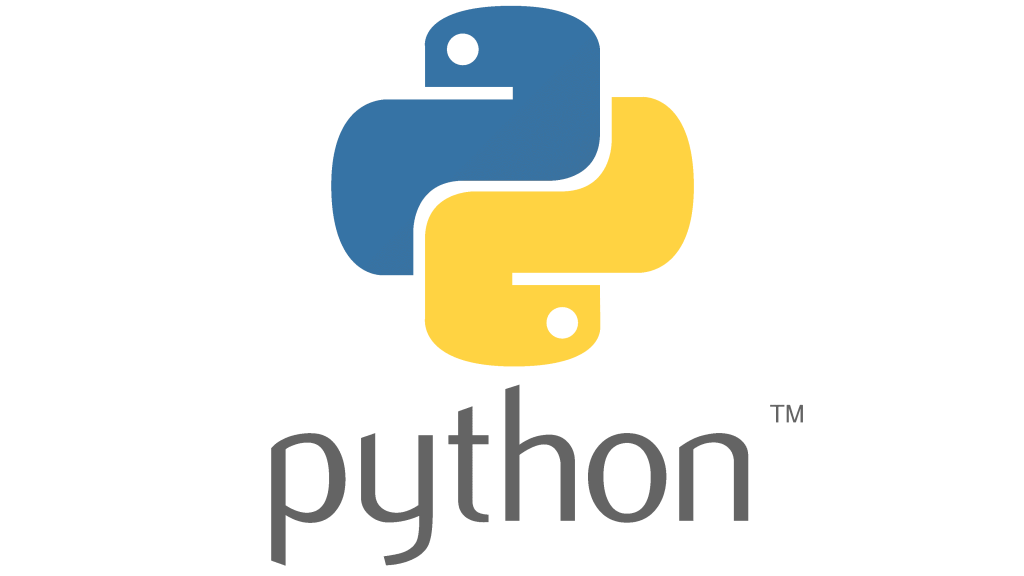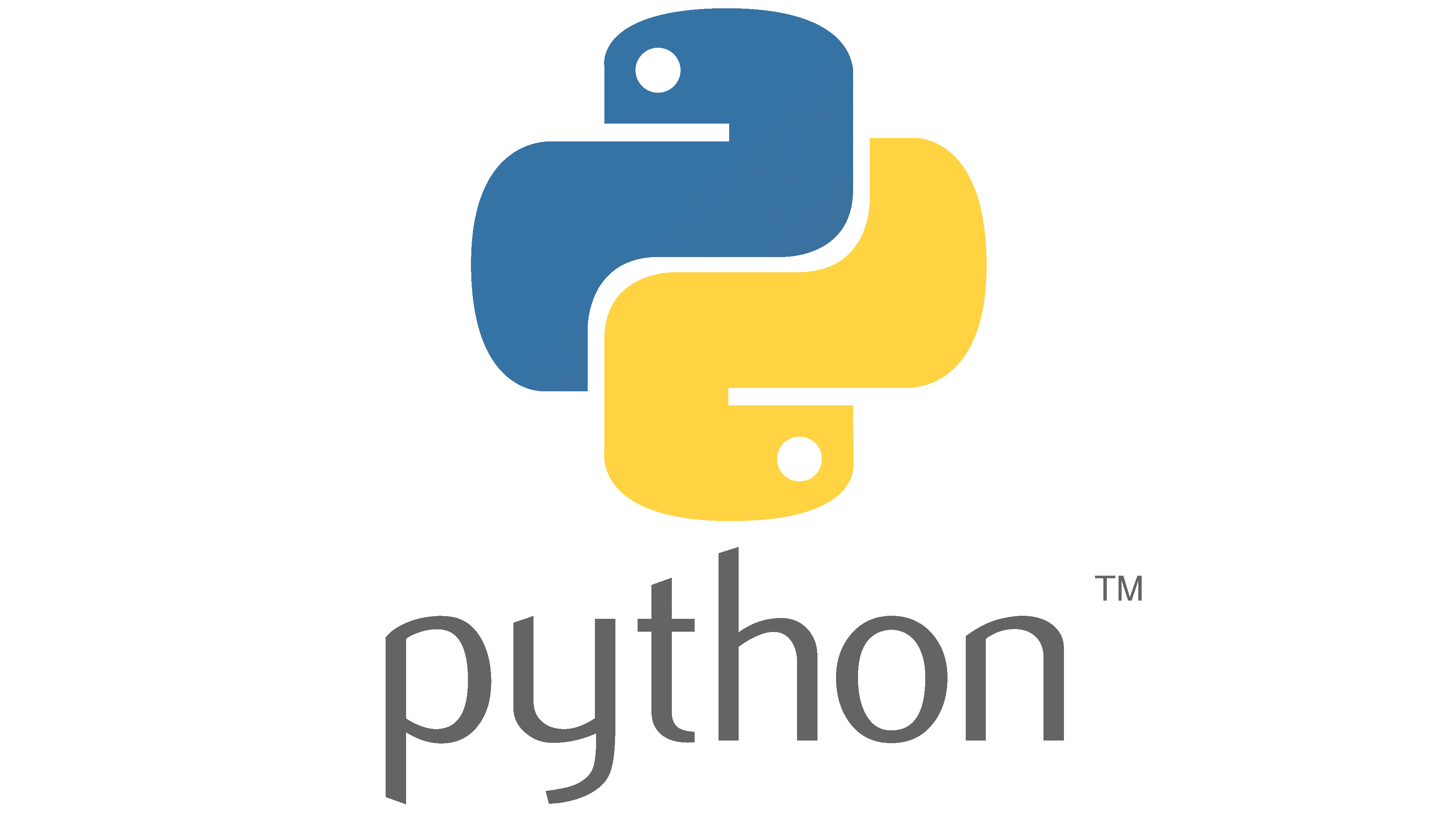The Python Steering Council recently made a significant decision to suspend a core Python developer for three months due to alleged violations of the Code of Conduct. This decision has stirred discussions within the Python community, as it highlights the challenges of maintaining a respectful and inclusive environment while balancing transparency and accountability.
Background
The suspension was recommended by the Code of Conduct Working Group (CoC WG) and announced by Python developer Thomas Wouters on behalf of the Steering Council. The developer in question is Tim Peters, a well-known figure in the Python community. Peters has agreed to be named but declined to provide extensive comments, stating that one of his concerns with the governance process is the level of secrecy involved.
Allegations and Violations
The allegations against Peters are varied and include several key points that contributed to the decision to suspend him:
- Creating an Atmosphere of Fear, Uncertainty, and Doubt (FUD): Peters made a significant number of posts (47 out of 177) during a discussion about a change to the bylaws. These posts were said to have created an atmosphere of fear, uncertainty, and doubt among community members, leading to increasingly emotional responses from others.
- Defending Controversial Concepts: Peters was accused of defending concepts such as “reverse racism” and “reverse sexism,” which lack empirical support. These actions were interpreted as potential intimidation or as creating an exclusionary environment within the community.
- Use of Offensive Language: Peters reportedly used potentially offensive language or slurs. He referred to a 1970s Saturday Night Live skit using the same slur as “genuinely funny,” which was perceived as showing a lack of empathy towards other community members.
- Making Light of Sensitive Topics: Peters allegedly made light of sensitive topics, such as workplace sexual harassment, which could be interpreted as harassment or as contributing to an unwelcoming environment.
- Inappropriate References: He was accused of casually mentioning scenarios involving sexual abuse, which could be inappropriate or triggering for some audiences.
- Discussing Private Matters: Peters discussed bans or removals of community members, which might be seen as publishing private information without permission.
- Stereotyping Neurodivergent Individuals: He was criticized for dismissing unacceptable behavior as a “neurodivergent” trait, which is problematic because it stereotypes neurodivergent individuals as difficult to interact with and in need of special treatment.
- Sustained Disruption of Discussions: Peters engaged in excessive discussions of controversial topics or past conflicts, which could be seen as a sustained disruption of community discussions.
- Offensive Terms: The use of potentially offensive terms, even when self-censored or alluded to indirectly, was noted.
- Speculations About Community Members: Peters made assumptions or speculations about other community members’ motivations and mental health, which was seen as inappropriate.
Community Reactions
The decision to suspend Peters has sparked numerous discussions within the Python community. In a discussion titled “Inclusive Communications Expectations in Python Spaces,” Peters challenged the perception that “Python old-timers are troglodyte reprobates” and voiced concerns about the enforcement process of the Python Code of Conduct.
Peters expressed unease with the power held by the Code of Conduct Working Group, stating, “I don’t feel comfortable with that kind of power being wielded in that much secrecy.” This comment highlights a broader concern about the transparency and accountability of the governance process within the community.

Responses from the Steering Council
Gregory P. Smith, a member of the Steering Council, responded to Peters’ concerns by acknowledging that some community members share his apprehensions. However, Smith emphasized that the responsibility for any conduct-related enforcement action lies with the individual whose behavior led to the action. He stated, “If a conduct-related enforcement action happens and that ‘ruins their career,’ the responsibility for that lies entirely on them. It was their behavior that got them there in the first place.”
Smith’s response underscores the council’s position that the enforcement of the Code of Conduct is necessary to maintain a respectful and inclusive community. He expressed sadness that some individuals perceive the process as threatening but reaffirmed the importance of holding community members accountable for their actions.
Broader Implications
The suspension of a core Python developer raises important questions about the balance between enforcing community standards and ensuring transparency in governance. While the Code of Conduct is intended to promote a positive and inclusive environment, its enforcement can sometimes lead to controversy and debate within the community.
This incident also highlights the challenges faced by open-source communities in managing conflicts and maintaining a welcoming atmosphere for all members. As the Python community continues to grow and evolve, finding effective ways to address these challenges will be crucial for its continued success.
The suspension of Tim Peters, a prominent figure in the Python community, serves as a reminder of the importance of adhering to the Code of Conduct and fostering a respectful environment. While the decision has sparked discussions and differing opinions, it underscores the commitment of the Python Steering Council to uphold community standards and ensure a positive experience for all members.
As the Python community moves forward, it is essential to continue fostering open dialogue and collaboration while maintaining the values that have made Python one of the most popular and inclusive programming languages in the world.
